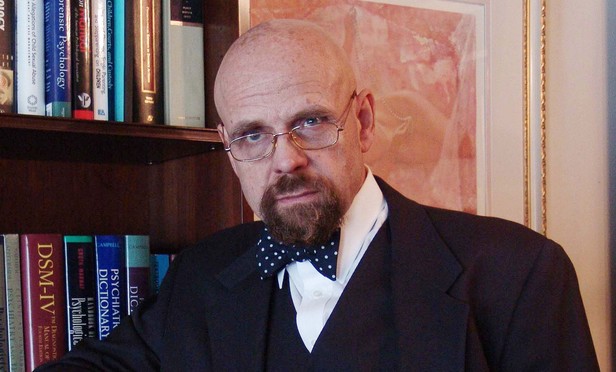Judicial genuflections to the rules of evidence are often encountered in published decisions. The evidentiary rules have been hailed as “the palladium of the judicial process” infringement upon which “destroys the vitality of that judicial process.”1 Such panegyrics to the rules of evidence are quite warranted given that their overarching purpose is nothing less than to ensure the reliability of the proof put before the trier of fact. Standing at the very core of evidentiary doctrine, of course, is the rightly vaunted rule against hearsay, positioned like a majestic monument to the wisdom of those common law judges who constructed the doctrine to ensure the right of cross-examination so many centuries ago. This prophylactic rule stands as an essential bulwark against the incursion of unreliable information into the fact-finding process.
Yet, sadly, in practice, fidelity to the rules of evidence, and particularly to the rule banning hearsay, is far less than it ought to be. This is especially prevalent in custody proceedings where material of untested validity all too frequently seeps into the record. Ironically, much of the hearsay that subverts the reliability of the proof comes in the form of the child’s own out-of-court statements. Even more ironically, the conduit of this evidentiary contamination is often the child’s own attorney. This article will review a number of recent decisions that bear upon these recurrent hearsay issues.
The Basic Rule
This content has been archived. It is available through our partners, LexisNexis® and Bloomberg Law.
To view this content, please continue to their sites.
Not a Lexis Subscriber?
Subscribe Now
Not a Bloomberg Law Subscriber?
Subscribe Now
LexisNexis® and Bloomberg Law are third party online distributors of the broad collection of current and archived versions of ALM's legal news publications. LexisNexis® and Bloomberg Law customers are able to access and use ALM's content, including content from the National Law Journal, The American Lawyer, Legaltech News, The New York Law Journal, and Corporate Counsel, as well as other sources of legal information.
For questions call 1-877-256-2472 or contact us at [email protected]



